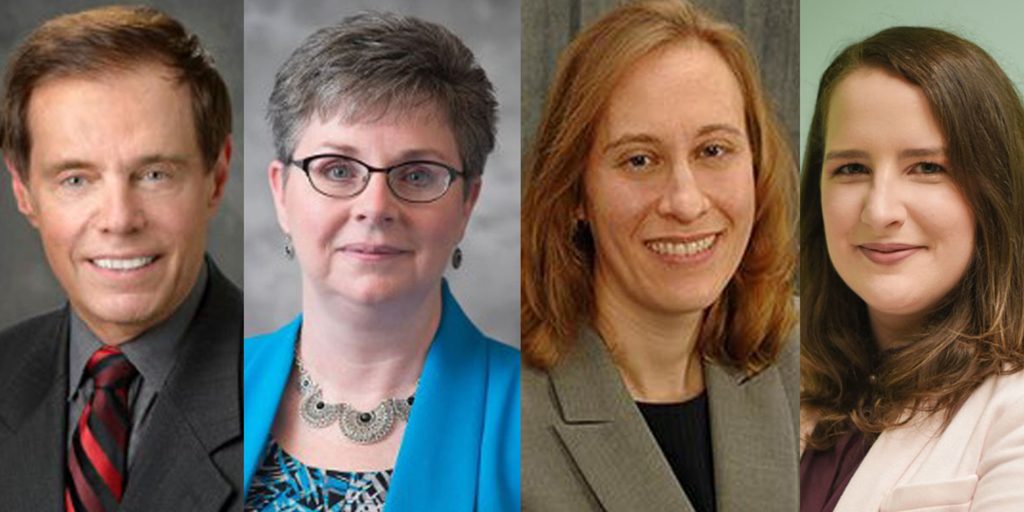New grant uses ‘positive psychology’ to better support underserved students in gifted and talented programming
Using cutting edge assessment strategies and innovative programming, a new five-year College of Education research project will seek to expand the access of underserved communities to gifted and talented programming. The grant uses techniques from positive psychology to provide these students with social and emotional supports and to help them see themselves as highly capable and accomplished scholars.

College of Education researchers recently received funding from the U.S. Department of Education’s Jacob K. Javits Gifted and Talented Students Education Program to improve gifted and talented education access for underrepresented K-12 students.
Underrepresented Students in Gifted & Talented Education: Positive Psychology Identification & Services, was awarded $2.8 million in Javits funding. Headed by F. Richard Olenchak (PI), professor of Gifted, Creative and Talented Studies, this project aims to improve access to gifted and talented education for racially and ethnically diverse students, those with disabilities, and those from lower socioeconomic environments.
“This is a dream I have held for several decades, and finally we are at the advent of achieving equity through well-documented positive psychological interventions,” Olenchak said.
Olenchak will collaborate with Kristen Seward, clinical associate professor of Gifted, Creative, and Talented Studies; Anne Traynor, associate professor of Educational Psychology & Research Methods; and Ophélie Desmet, College of Education alumna and now an assistant professor in Educational Psychology and program coordinator for the Center for Gifted Studies at Valdosta State University.
“Traditional and even contemporary identification procedures used in schools nationwide for gifted education services continue to exclude large numbers of these young people from school opportunities that can propel them to academic and ultimately life success,” Olenchak said. “This evidence was well-documented by the Gifted Education Research and Resource Institute here at Purdue in the report System Failure: Access Denied.”
The U.S. Department of Education’s Jacob K. Javits Gifted and Talented Students Education Program is the only federal program that supports evidence-based research and innovative strategies that enhance elementary and secondary schools’ capacity to identify gifted and talented students and meet their unique educational needs.